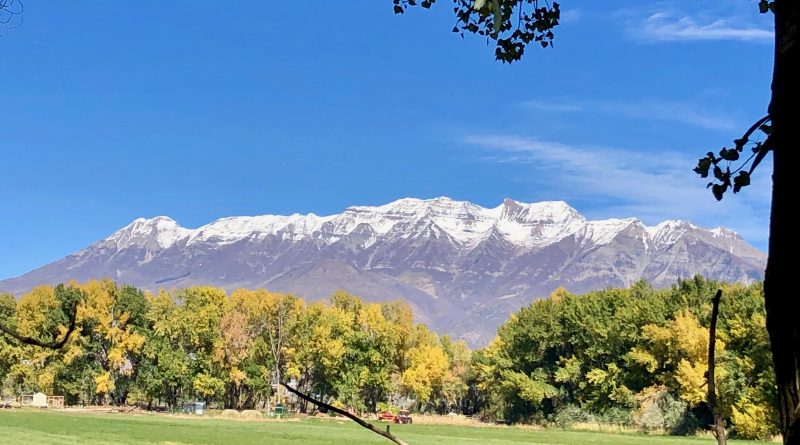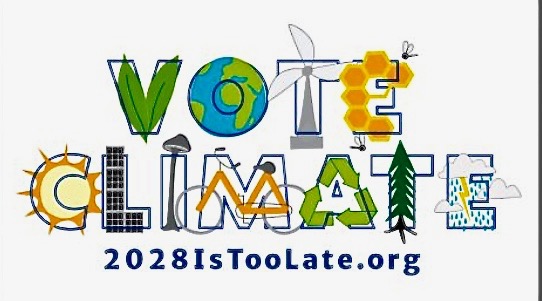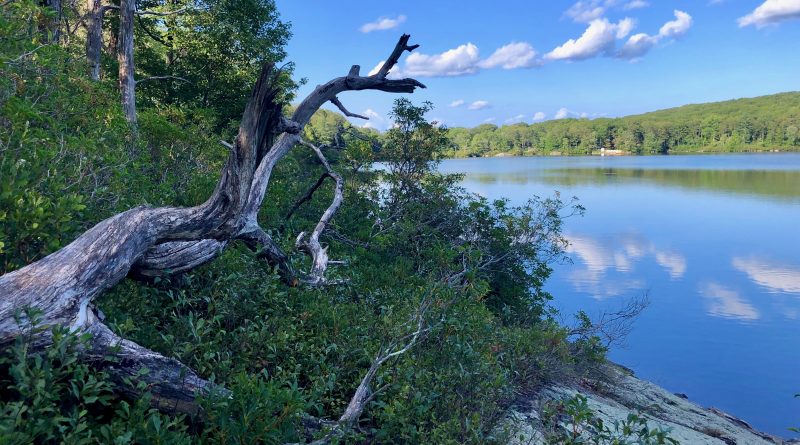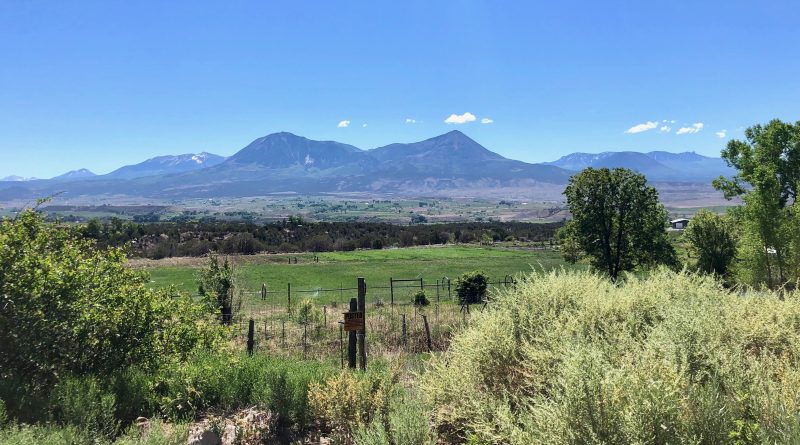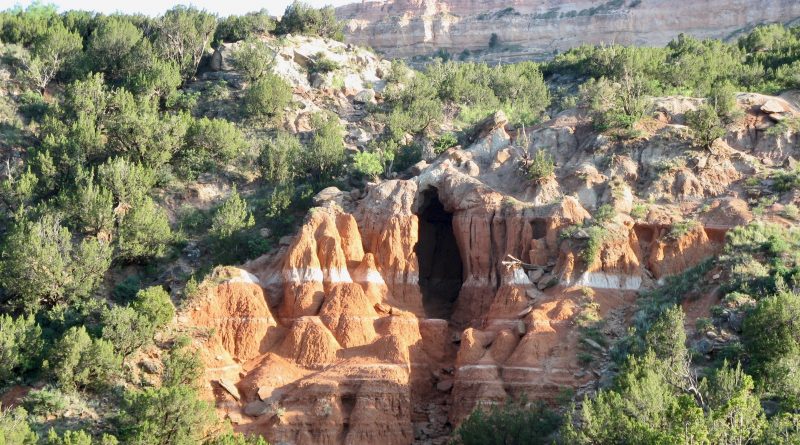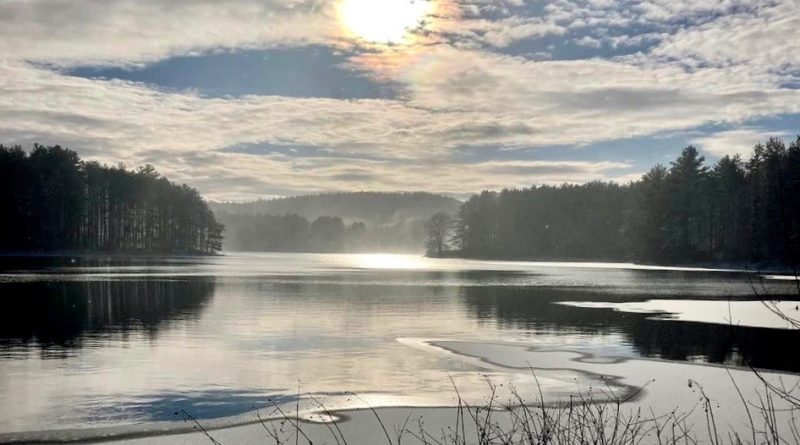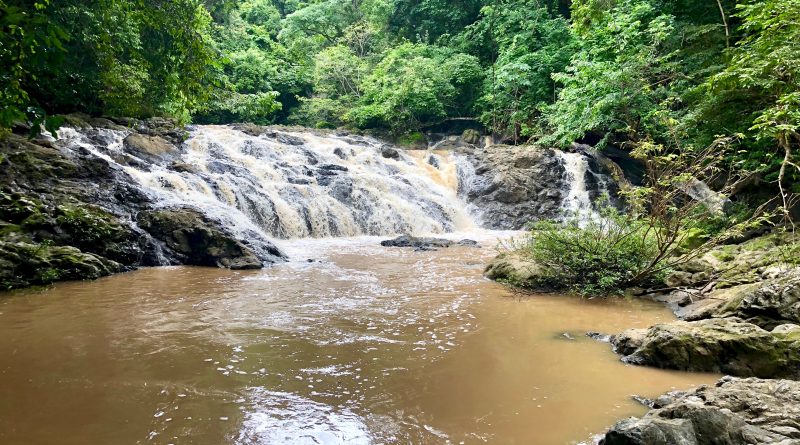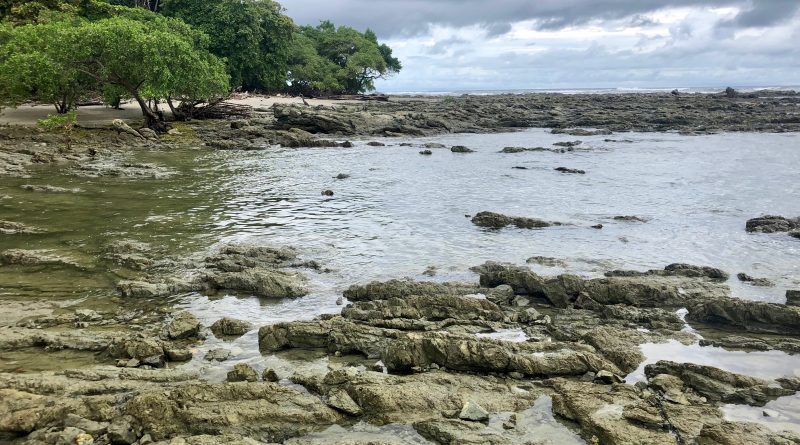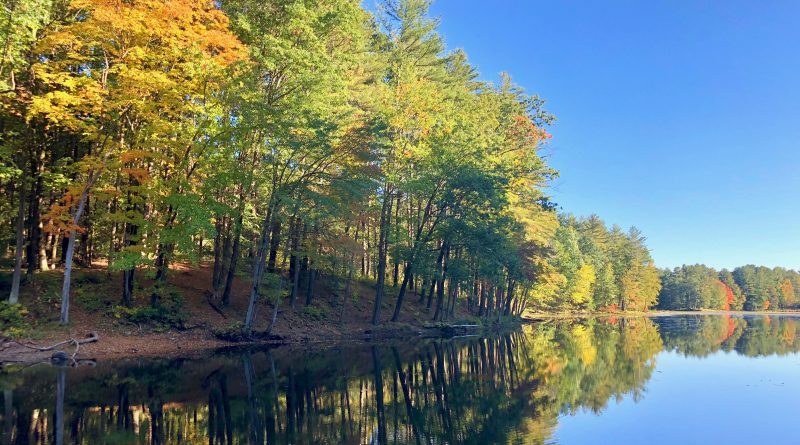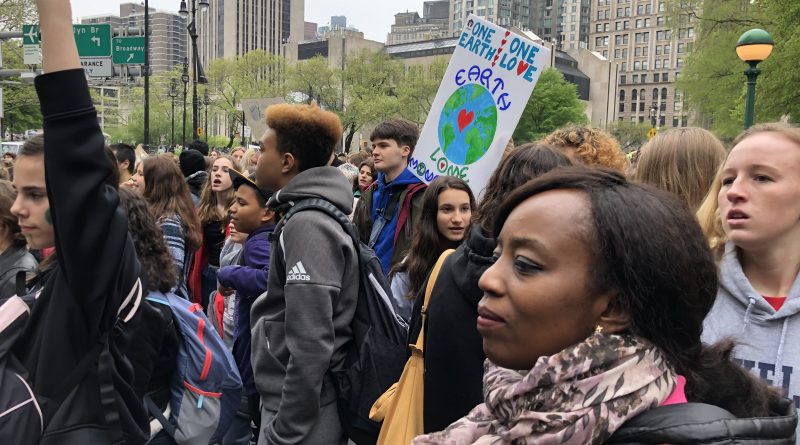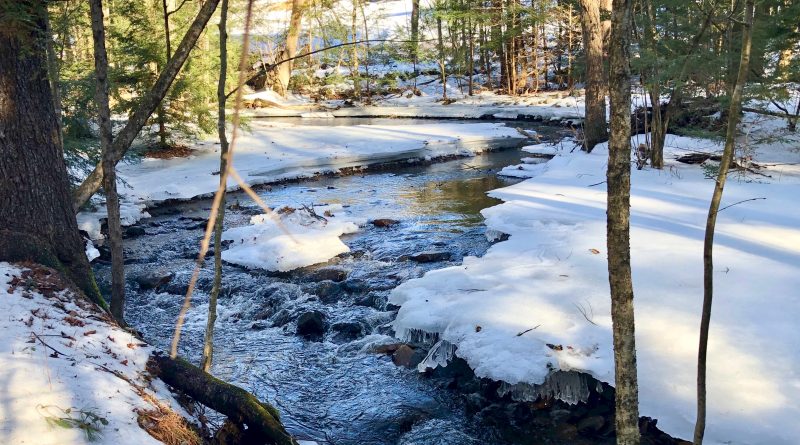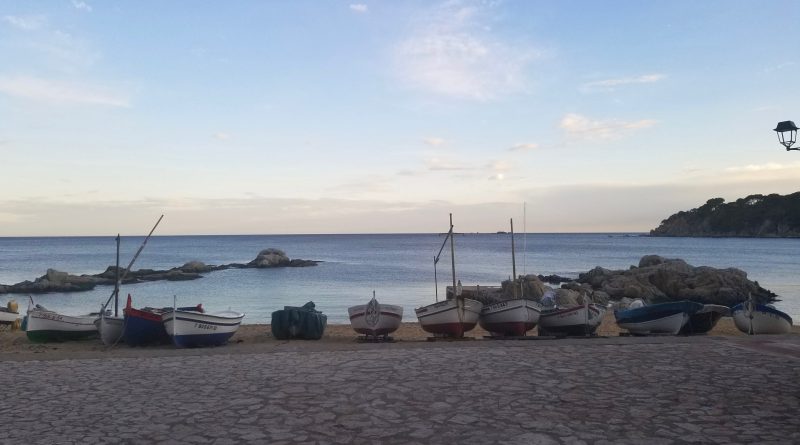No Mandate for Extremism: Debunking Lies in the Trump Era
A great many of us in the U.S. are distraught about Trump winning election to the presidency. We watch with some horror as he proceeds with his plans to undermine the rule of law, deport immigrants, target LGBQT+ people, use the government for his personal revenge and financial gain, eliminate many health and safety protections, and make the ultra rich even richer and more powerful. We know that it will be important for us to not be silent or complicit, but many of us don’t know what to do in this moment in history.
Here is a suggestion that I hope can be useful to you. They are based on my reading others’ analyses and recommendations, listening to webinars, and talking with friends.
Implanting myths and lies in the minds of the public
One of the techniques used by aspiring dictators, and currently by the MAGA Republicans, is to plant key myths or lies in the public consciousness that seem to justify their extreme actions to come. They are currently ….
